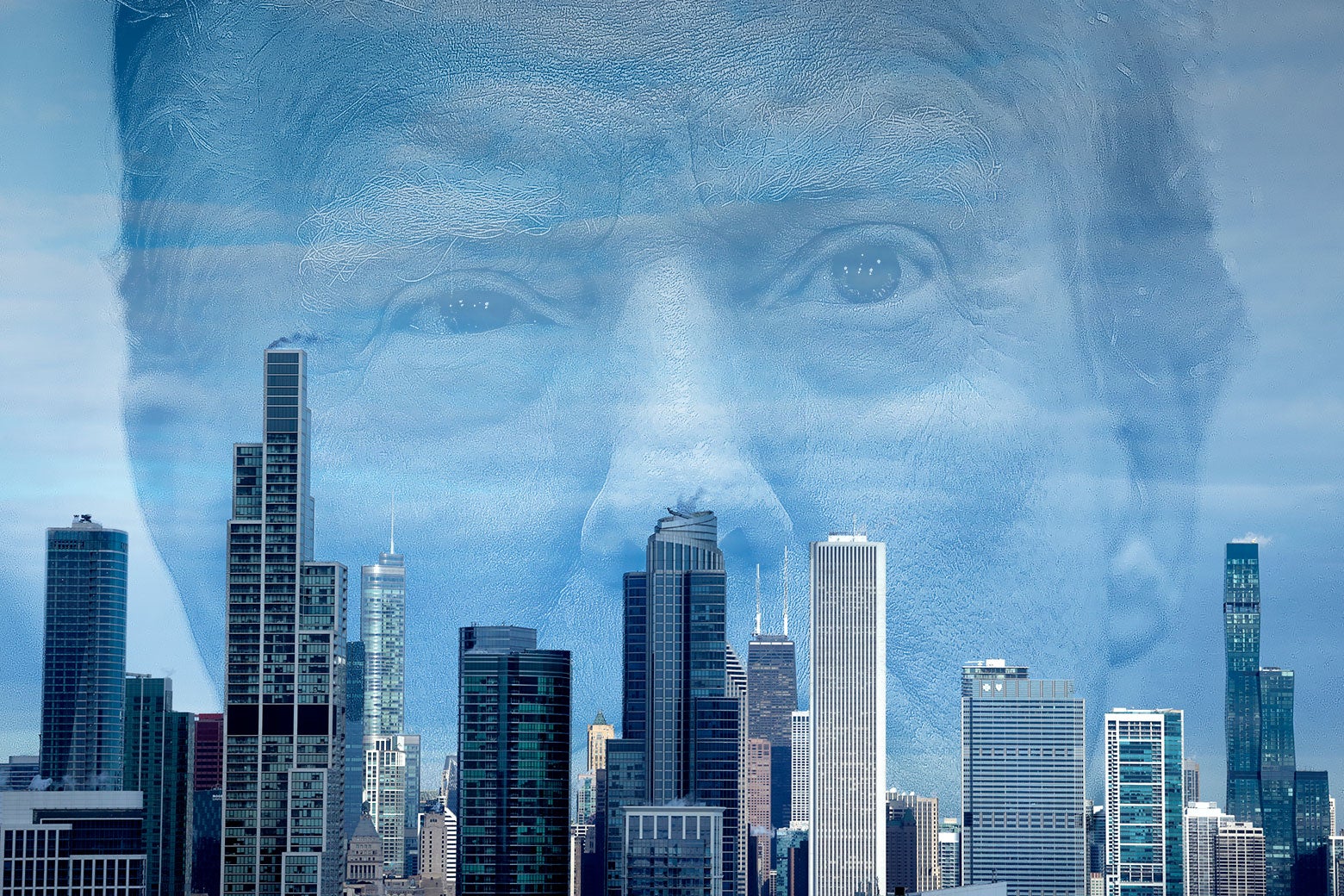
"On Tuesday, Donald Trump suggested that he was planning to send federal troops into Chicago, even over the objections of local officials. The Department of Defense has announced that it has secured Naval Station Great Lakes, near north Chicago, to be used as a command center for an "immigration blitz" in the coming days. Only a few hours earlier, a federal judge in California had blocked the administration from using the military to fight crime in that state."
"What we are seeing from this president is an assault on the core principle and tradition against using the military as a domestic police force. The reason for this principle in some ways is really obvious: If the president can turn the army inward against the people of this country, that can be an extremely powerful tool of oppression and tyranny. At a minimum, it creates a chilling"
President Donald Trump suggested deploying federal troops into Chicago and the Department of Defense secured Naval Station Great Lakes as a command center for an imminent "immigration blitz." A federal judge in California barred the administration from using the military to fight crime in that state. Statutory and constitutional protections long constrain presidential authority to use the military for domestic crime-fighting. Liza Goitein, senior director at the Brennan Center's Liberty and National Security Program, warns that military domestic policing risks oppression. Courts, Congress, and the Constitution create a web of limits on deploying the National Guard or military for crime control.
Read at Slate Magazine
Unable to calculate read time
Collection
[
|
...
]